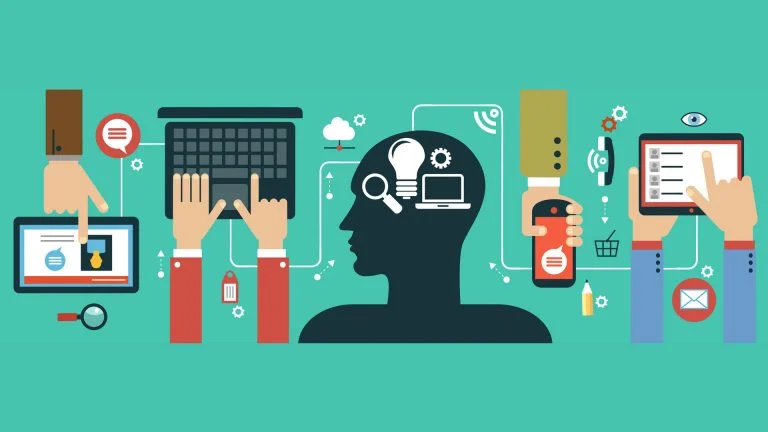Digital Literacy as a Tool for Empowerment in Marginalized Societies

Digital literacy has emerged as a transformative tool for empowerment, especially in marginalized societies where access to traditional resources is often limited. The ability to navigate and utilize digital technologies effectively can bridge socioeconomic gaps, fostering opportunities for education, employment, and social inclusion.
For marginalized communities, digital literacy opens doors to educational opportunities. Online learning platforms and digital tools provide access to knowledge and skill development, often unavailable in under-resourced areas. For instance, rural students can attend virtual classes, gaining knowledge that enhances their prospects for higher education and better jobs.
Employment opportunities are another significant benefit of digital literacy. As the job market increasingly relies on digital tools, individuals equipped with these skills are better positioned to access higher-paying, stable employment. Freelancing, remote work, and e-commerce offer new avenues for income generation, even in areas with limited local opportunities.
Social inclusion is also a critical aspect. Digital platforms allow marginalized voices to participate in societal dialogues, advocate for their rights, and build communities. Social media, for example, has become a space where underrepresented groups can raise awareness about issues affecting them and connect with global audiences.
However, the digital divide—characterized by unequal access to technology and the internet—remains a significant barrier. High costs of devices, lack of infrastructure, and limited digital education programs restrict many from acquiring essential skills. Gender disparities also play a role, as women in some societies face cultural and systemic barriers to accessing digital resources.
Addressing these challenges requires targeted interventions. Governments and non-governmental organizations must invest in affordable internet access, provide digital education programs, and distribute low-cost devices. Collaborations with private tech companies can amplify these efforts, ensuring that digital literacy reaches even the most remote communities.
In conclusion, digital literacy is more than just a skill—it is a pathway to empowerment for marginalized societies. By equipping individuals with the tools to participate in a digital world, we can unlock their potential, fostering equality and opportunity in a rapidly evolving global landscape.










